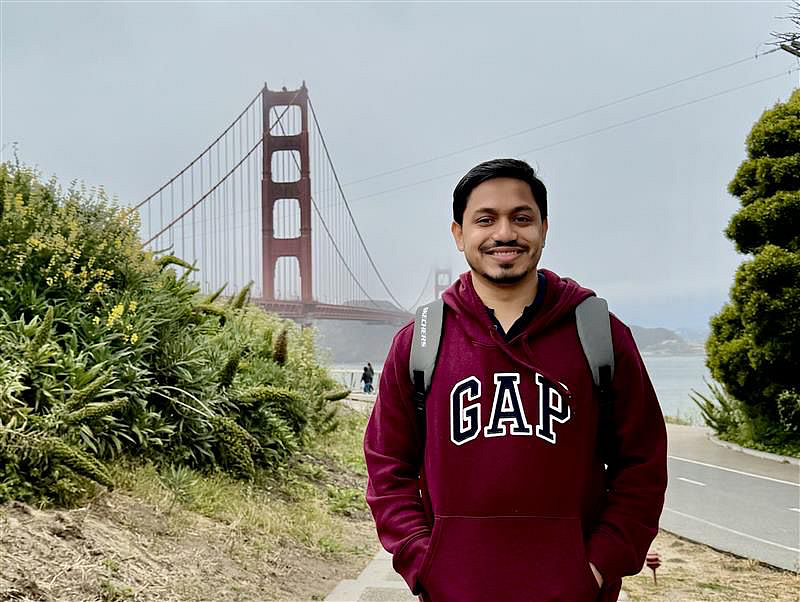
Meet UAE-Based Researcher Who Was Among 255 Students To Win Google Fellowship
Muhammad Maaz was at his desk coding when an email arrived. Professor Ian Reid, Chair of Computer Vision at Mohamed bin Zayed University of Artificial Intelligence (MBZUAI), couldn't contain his excitement breaking the news that Maaz had been selected as a 2025 Google PhD Fellow in Machine Perception, making him the first researcher from the Gulf region to receive the prestigious recognition.
“I just sat there, stunned,” Maaz told Khaleej Times.“It was one of those rare moments when you realize years of hard work are finally paying off.”
Recommended For You UAE President honours first Emirati family to donate their 5-year-old child's organsThe Google PhD Fellowship, now in its 16th year, selected 255 PhD students globally from thousands of nominees across 35 countries and 12 research domains. Universities can nominate only four students each, making selection highly competitive. The fellowship provides $85,000 annually, Google Research mentorship, and connects recipients to a global research community.
Stay up to date with the latest news. Follow KT on WhatsApp Channels.
Maaz's achievement challenges the persistent narrative of regional brain drain, where top researchers leave the Middle East for opportunities abroad. Instead, he represents a reversal a talent who chose Abu Dhabi over departing.
“Having done internships in Silicon Valley, I can confidently say the gap between Abu Dhabi and global research hubs is closing fast,” Maaz said.“With the opportunities we have here, it's really about how much we choose to make of them.”
His research focuses on teaching machines not just to see, but to understand and communicate on what they observe.“Imagine ChatGPT, but for videos,” he explained.“You could upload a clip, ask questions about what's happening, or request summaries and insights.”
These multimodal large language models could transform applications from automated video analysis and surveillance to educational tools and accessibility features for people with visual impairments.“The world around us is visual-we live in motion and interaction,” Maaz said.“My goal is to help machines make sense of the dynamic visual world.”
What sets MBZUAI apart
Before joining MBZUAI in 2020, Maaz worked at Confiz Limited and Hazen, focusing on computer vision challenges including person detection and traffic violation systems. Five years later, Abu Dhabi feels like home.
What distinguishes MBZUAI, Maaz emphasised, is mentorship structure. Professors manage small research groups, providing direct guidance that even prestigious US and European labs struggle to offer at scale.“The support system here allows researchers to work without distraction,” he says.
MBZUAI, founded in 2019 with a 5% acceptance rate, enrolled 403 students this year from over 8,000 applicants. Maaz is the first to win a Google PhD Fellow.
The achievement carries weight beyond personal accomplishment.“Being the first from MBZUAI and the region to receive this fellowship means my work now represents what's possible here,” Maaz said.“It motivates me to set a higher bar, not just for myself, but for those who will come next.”
Asked on what sets Abu Dhabi apart in attracting and retaining research talent, Maaz said.“This achievement wouldn't have been possible without the vision of the UAE's leadership and the environment MBZUAI has created,” he said.“The best way I can give back is by making the most of these opportunities and striving to produce research that makes the region proud.”

Legal Disclaimer:
MENAFN provides the
information “as is” without warranty of any kind. We do not accept
any responsibility or liability for the accuracy, content, images,
videos, licenses, completeness, legality, or reliability of the information
contained in this article. If you have any complaints or copyright
issues related to this article, kindly contact the provider above.


















Comments
No comment